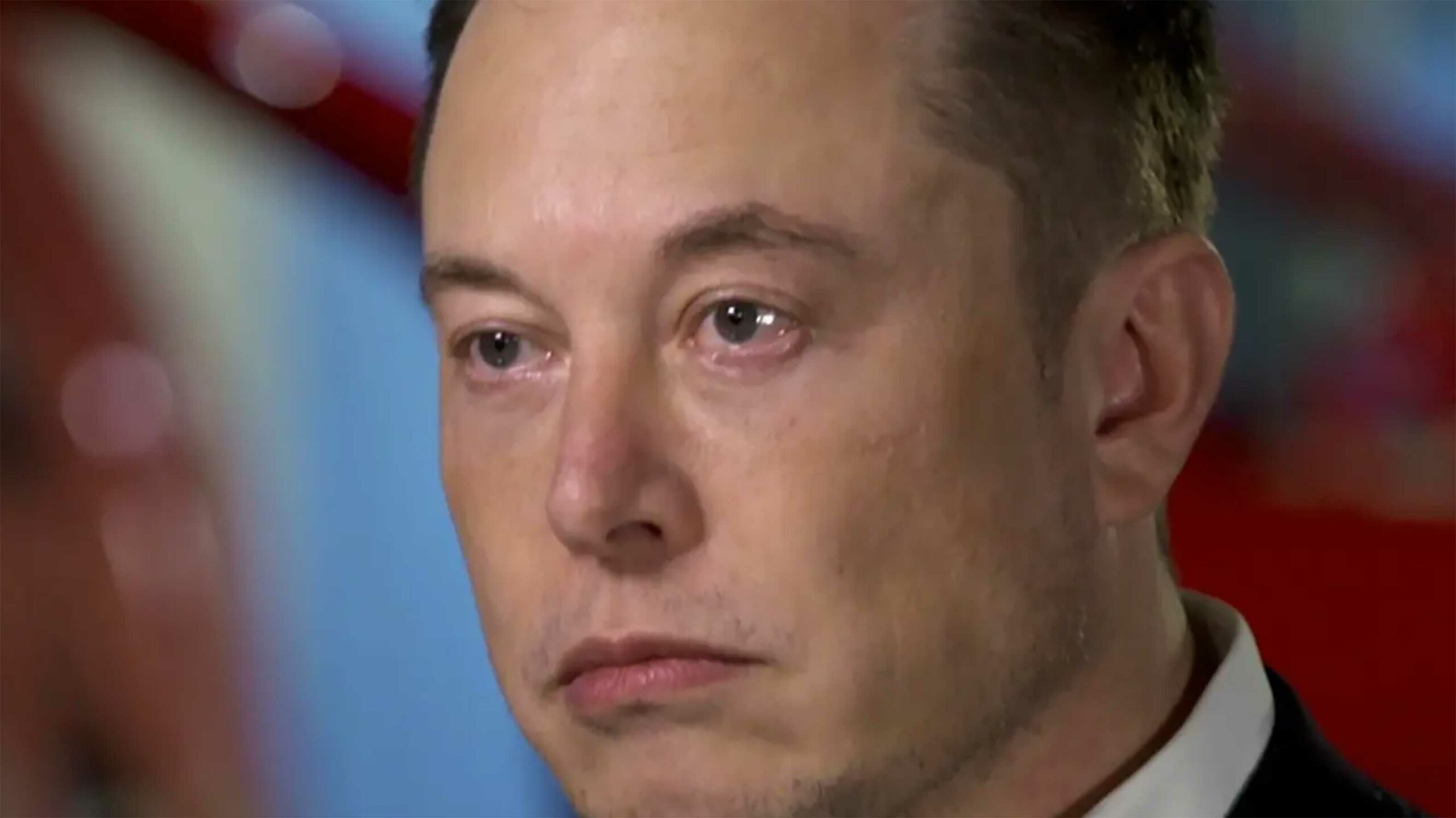
Remember the monkeys Neuralink tested its brain implants on? The ones that the Elon Musk-owned company even showed off in a video playing pong cerebrally?
Musk said that the primate test subjects in the Neuralink trial were terminally ill monkeys who were already close to death, and none of the monkeys died because of the chip. Now, according to a letter filed with the SEC by the Physicians Committee for Responsible Medicine (PCRM), the organization claims that Musk’s statement regarding the monkeys being terminally ill was false, alleging that Neuralink caused the deaths of several monkeys during the experiments.
No monkey has died as a result of a Neuralink implant.
First our early implants, to minimize risk to healthy monkeys, we chose terminal moneys (close to death already),
— Elon Musk (@elonmusk) September 10, 2023
Additionally, as reported by Wired, according to public records that it reviewed and through interviews conducted with a former Neuralink employee, the test subjects went through gruesome suffering, and several of the primates had to be euthanized.
Following chips being surgically implanted in the test subjects’ brains, they suffered from complications like bloody diarrhea, partial paralysis and brain swelling.
In a December 2019 example shared by Wired, a part of the Neuralink chip broke off while it was being implanted. Surgery to repair the issue was carried out the next day, but the site had already become infected with fungal and bacterial infections, which couldn’t be cleared. The monkey had to be euthanized in January 2020.
A second example talks about a female monkey referred to as “Animal 15.” Merely days after the implant, the female monkey started showing signs of uneasiness, pressing her head against the floor and picking and pulling at the site of the implant. The records say that this is a sign of pain or infection. The female monkey eventually started losing coordination, and her situation worsened. “Animal 15” had to be put down and necropsy reports indicated that the female monkey had bleeding in her brain, and the implants had left her cerebral cortex “focally tattered.”
A third example talks about a male monkey referred to as “Animal 22.” In his case, the surgically implanted microchip came loose, and two screws securing the implant loosened to such an extent that they could be lifted out. “The failure of this implant can be considered purely mechanical and not exacerbated by infection,” reads his necropsy report. This clearly indicated that the monkey had to be put down because the Neuralink implant malfunctioned, and contradicts Musk’s statement regarding no monkeys dying as a result of Neuralink’s chips.
Additionally, a former Neuralink employee who talked to Wired said that the test primates weren’t necessarily close to death. “We had these monkeys for a year or so before any surgery was performed,” the former employee said. If the monkeys were in possession of Neuralink at least a year before surgeries were performed, how could they have been “close to death?”
The report raises ethical questions about the use of animals for testing new technologies and the validity of Neuralink and its CEO’s claims. Read the complete report here.
Source: Wired
MobileSyrup may earn a commission from purchases made via our links, which helps fund the journalism we provide free on our website. These links do not influence our editorial content. Support us here.


